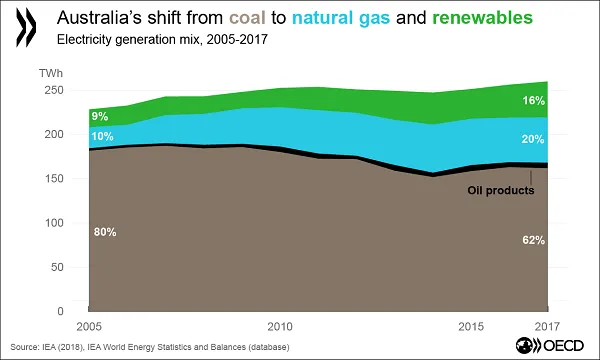
Australia will fail emissions goal for 2030: OECD
The group attributed most of the emissions to the power sector, which is not subject to constraints.
Australia will fail to meet its 2030 emissions target without a major effort to move to a low-carbon model, a report from the Organization for Economic Co-operation and Development (OECD) revealed.
“Australia has made some progress replacing coal with natural gas and renewables in electricity generation yet remains one of the most carbon-intensive OECD countries and one of the few where greenhouse gas emissions (excluding land use change and forestry) have risen in the past decade,” the organisation said.
Also read: Australia needs to install 10GW of renewables yearly to hit 2025 target: report
According to the report, Australia needs to develop a long-term strategy that integrates energy and climate policies to support progress towards its commitment to reduce greenhouse emissions (including land use change and forestry) to 26-28% below 2005 levels by 2030. “Australia should consider pricing carbon emissions more effectively and doing more to integrate renewables into the electricity sector,” it said.
Australia, reliant on coal for two-thirds of its electricity, has one of the highest levels of non-renewable energy use of advanced economies, with fossil fuel consumption still benefitting from government support. Coal, oil and gas make up 93% of the overall energy mix compared to an OECD average of 80%.
Also read: Renewables investment in Australia interrupted by shaky energy policy
OECD added that the share of renewables in electricity generation has risen to 16% but remains below the OECD average of 25%. “Australia’s power sector – the country’s top emitting sector – is not subject to emission reduction constraints,” it said.
OECD laid out some recommendations for Australia including a national integrated energy and climate policy framework for 2030 based on a low-emission development strategy for 2050, in line with the Paris Agreement, and energy taxes in line with the environmental impacts of fuel use.
OECD also recommended extended road use pricing through distance-based and congestion charges, more data on the status and trends of species and ecosystems, increased investment in biodiversity conservation, and improved monitoring of water resources.
The OECD is a group of 36 countries of which Australia has been a member since June 1971.

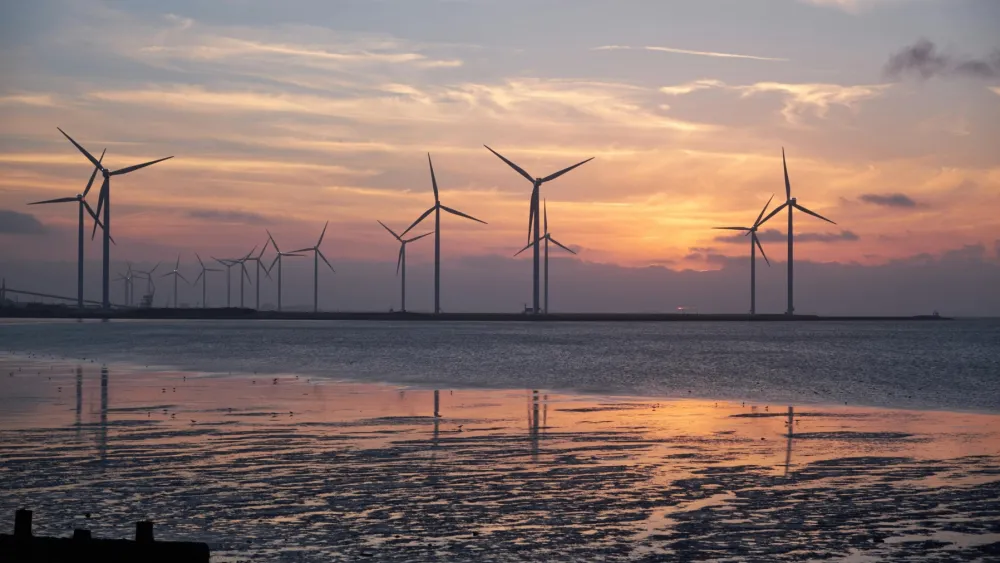
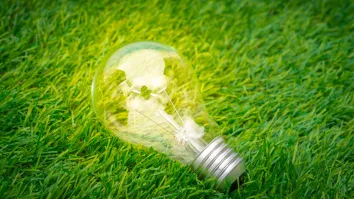
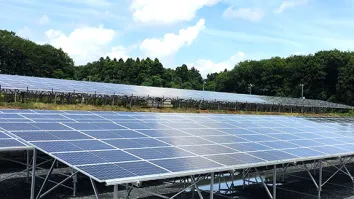
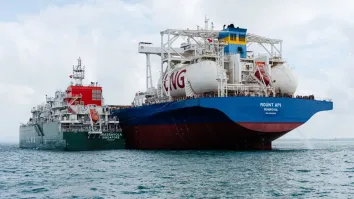














 Advertise
Advertise







